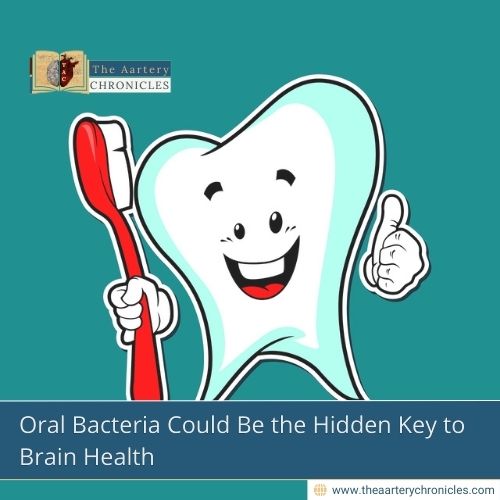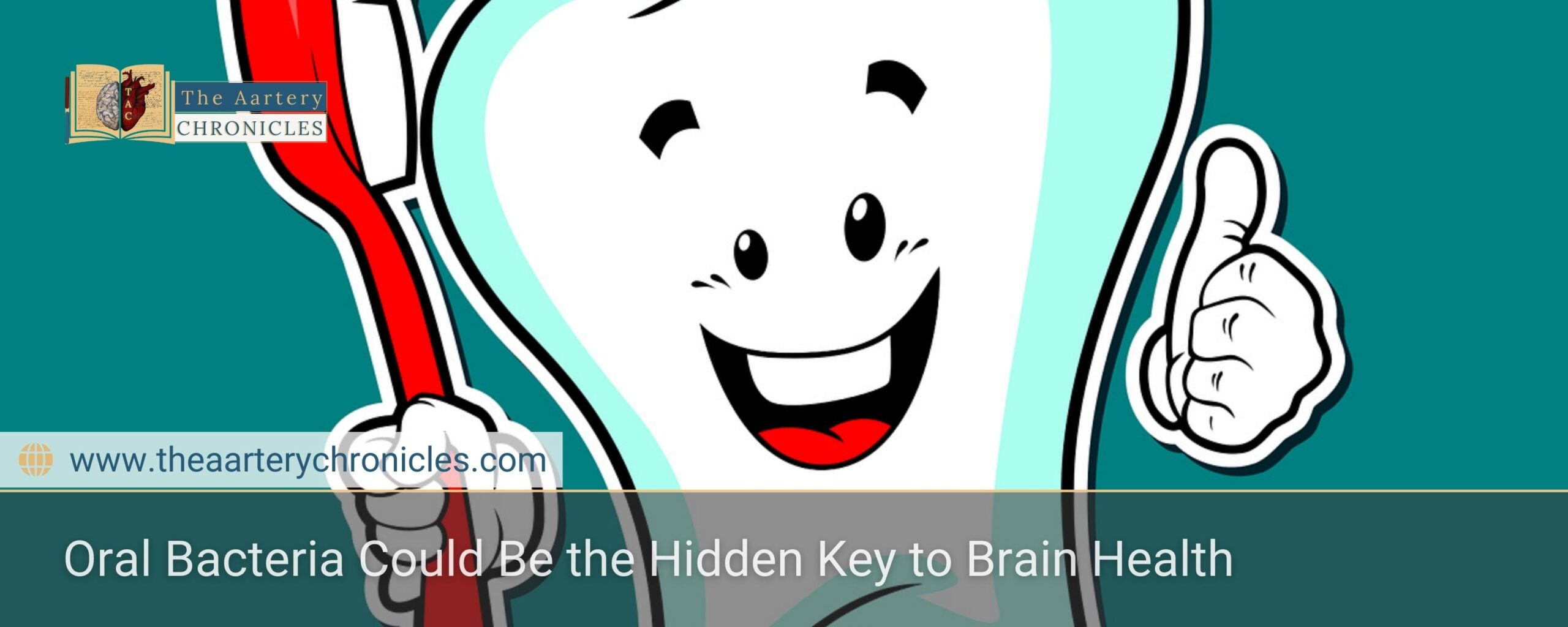

Oral Bacteria Could Be the Hidden Key to Brain Health
A new study has revealed that the bacteria present in the mouth and on the tongue could be a key indicator of brain health and the risk of developing Alzheimer’s disease. The research, conducted by experts from the University of Exeter in the UK, highlights the role of oral bacteria in cognitive function.
Good vs. Harmful Bacteria
According to the study, certain types of bacteria in the mouth are beneficial and may improve memory and attention. In contrast, other bacteria types are linked to a higher risk of Alzheimer’s disease. Harmful bacteria can enter the bloodstream, potentially affecting the brain and contributing to neurodegenerative diseases.
Study Findings and Bacterial Groups
The study, published in PNAS Nexus, involved 110 participants over the age of 50 who were part of an online brain health tracking study. Researchers analyzed mouth rinse samples to examine the bacterial population and its potential effects on brain function.
The findings showed that:
- People with high levels of Neisseria and Haemophilus bacteria had better memory, attention, and cognitive performance. These individuals also had higher levels of nitrite, which supports brain function.
- Higher levels of Porphyromonas bacteria were found in individuals with memory issues.
- The bacterial group Prevotella was linked to low nitrite levels, which could negatively impact brain health. This group was more commonly found in individuals carrying the Alzheimer’s risk gene, APOE4.
Impact on Brain Function
One major way harmful bacteria can affect the brain is by disrupting the balance between good and bad bacteria. This imbalance can interfere with the body’s ability to convert dietary nitrates—commonly found in vegetables—into nitric oxide. This chemical plays a crucial role in brain communication and memory formation.
Dr. Joanna L’Heureux from the University of Exeter Medical School emphasized the importance of monitoring oral bacteria. She suggested that regular dental checkups should include bacterial level testing to detect early signs of declining brain health.
Possible Solutions for Brain Health
Professor Anne Corbett from the University of Exeter Medical School stated that these findings could pave the way for potential interventions to support brain health. Solutions may include:
- Dietary changes that promote beneficial bacteria
- Probiotics to maintain a healthy oral microbiome
- Improved oral hygiene routines
- Targeted treatments to balance bacterial levels
Conclusion
This study emphasizes the importance of oral health in maintaining brain function, especially as people age. Regular dental checkups and better oral hygiene could play a crucial role in detecting and potentially preventing Alzheimer’s disease. As research continues, experts hope to develop new strategies to improve both oral and brain health, reducing the risk of cognitive decline in the future.
Source: Inputs from various media Sources

Priya Bairagi
Reviewed by Dr Aarti Nehra (MBBS, MMST)
I’m a pharmacist with a strong background in health sciences. I hold a BSc from Delhi University and a pharmacy degree from PDM University. I write articles and daily health news while interviewing doctors to bring you the latest insights. In my free time, you’ll find me at the gym or lost in a sci-fi novel.








